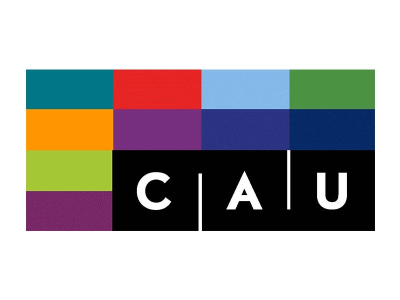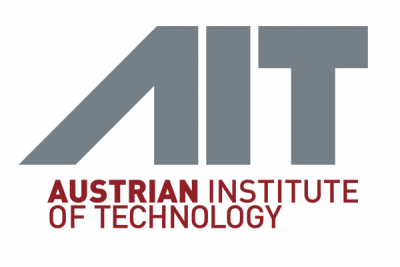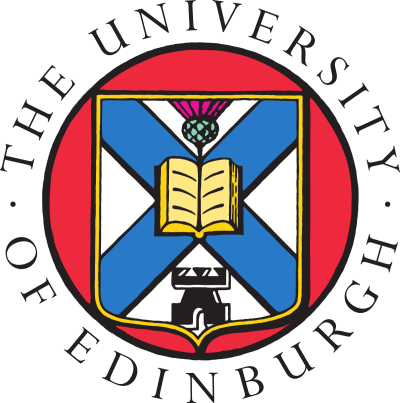The 3D'omics project is a multidisciplinary project that aims to reconstruct the animal-microbiota multi-omic interplay in 3D to better understand how animal genomes and microbial metagenomes interact. To achieve this ambitious goal, the consortium is composed of 13 partners across 11 countries - including 6 universities, 2 research centres, and 5 companies.

University of Copenhagen, Denmark
Four different departments of Copenhagen University (UCPH) are part of this project: the GLOBE Institute, the Section of Microbiology at the Department of Biology, the Department of Veterinary and Animal Sciences, and Department of Food and Resource economics.
Role in the project
UCPH will be the Coordinating institution and it will lead the management (WP1) and the dissemination, exploitation and communication (WP2) work packages. UCPH will also lead the development of the sample preparation technology (WP3), and will further participate in several tasks in the other work packages.

University of Veterinary Medicine, Austria
The Vetmeduni Vienna (UVM) is the only academic institution in Austria to carry out teaching and research in veterinary medicine. It is dedicated to foster animal health, preventive veterinary medicine, public health and food safety.
Role in the project
UVM, led by Prof. Michael Hess, will lead WP6, aimed at addressing multiple disease challenges in poultry production through deconstructing pathogen-microbiota-animal interactions through 3D’omics. UVM will carry out animal trials with different poultry species, and will also perform animal phenotyping and KPI analyses. UVM will also be in charge of ethics management.















